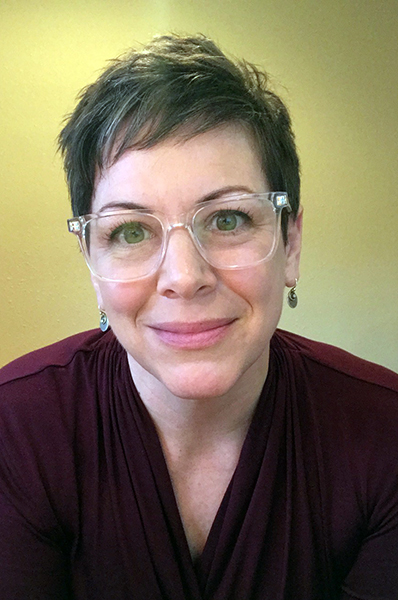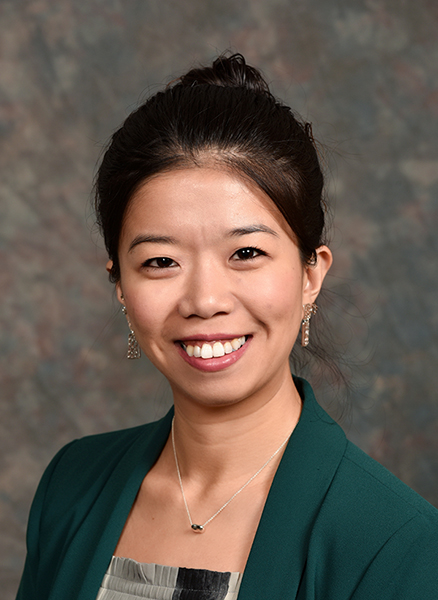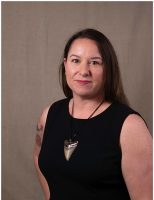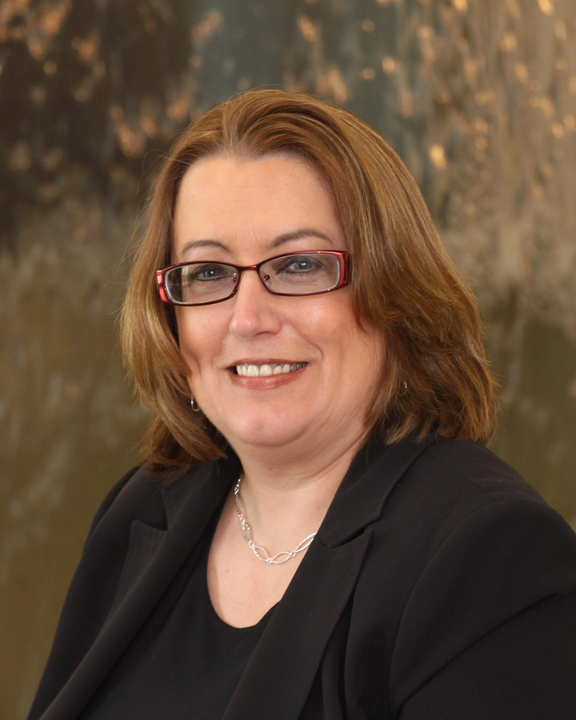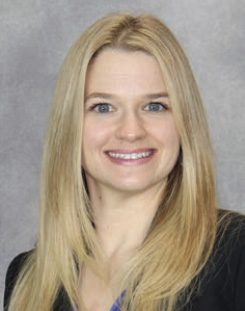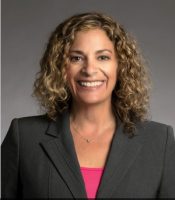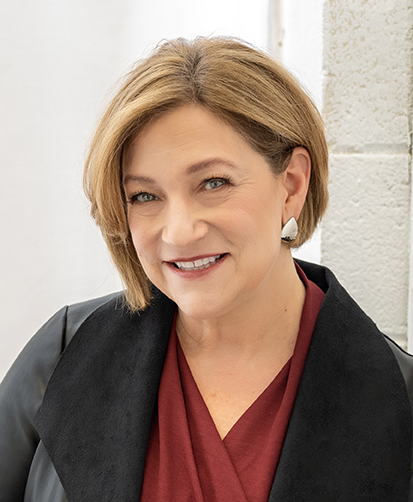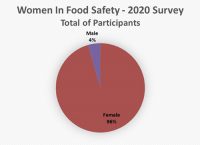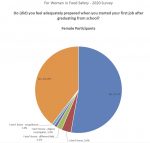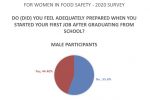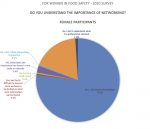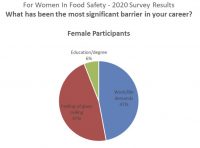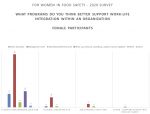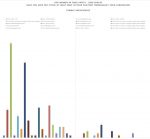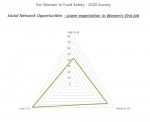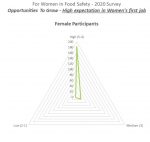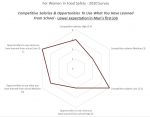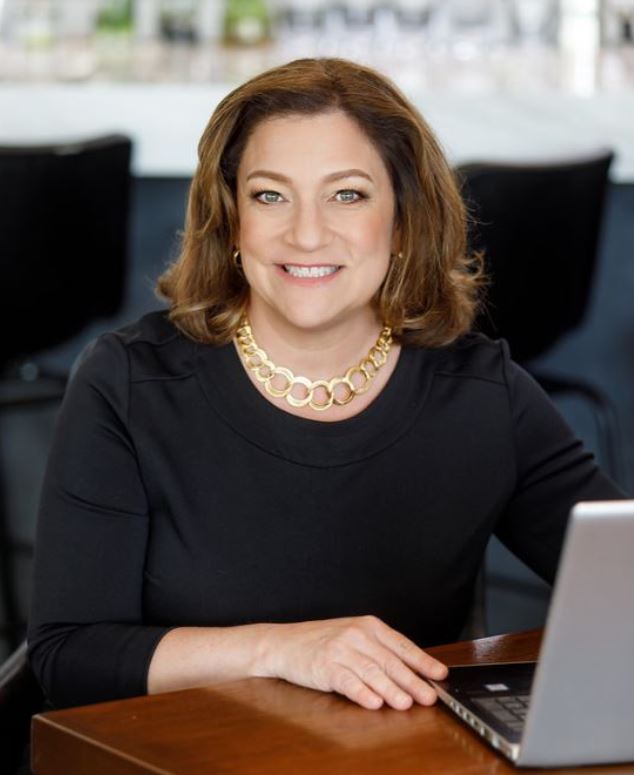“Yeah, yeah, I know. We’re supposed to have FSQ (Food Safety and Quality) verify the line before we start. But c’mon, we could see the plastic so we just removed it and then we visually inspected all the product on that part of the line. We looked everywhere for the other missing piece. We didn’t find it, so somebody probably found it not knowing what it was and tossed it out. We radioed for someone for FSQ about five minutes ago and no one came. We did what we needed: Stopped the line, found the foreign material, and now we’re running again. We only have an hour of production left and we’re almost done filling this order.”
As the operations supervisor was telling me this, I could feel my entire body become agitated. My blood began to boil, and I had to bite my tongue to avoid saying unkind and unhelpful words.
It wasn’t the first time we’d had foreign material on that line that week. And to top it off, it was the same supervisor telling me they knew the FSQ Team had to be part of foreign material incidents, yet the supervisor decided the situation wasn’t important enough to follow the written SOP on handling foreign material that we all signed off on earlier in the month in an attempt at streamlining the process to be easier to execute.
I’m not sure what made me angrier—the fact we were having this conversation again or that this type of conversation always got under my skin. How was it I was blowing a gasket while the supervisor thought it was no big deal?
It all seemed to come down to a difference in beliefs. A difference in attitudes. A difference in the actions taken when no one is watching. This situation is showing the food safety culture of the organization, and everyone nearby is seeing it. This isn’t uncommon—these every-day moments are displays of the food safety culture within our organizations. These moments are an opportunity to create a new story around food safety culture.
It begs the question: How do we start to re-write food safety culture in these moments?
To write a new story around food safety culture, many say it needs to start at the top. In fact, GFSI, EU Regulations, and the New Era of Smarter Food Safety focus on top leaders creating the mission, values and key performance metrics around food safety culture. While I believe having top leadership support is important, I’d challenge one to consider: Does food safety culture really have to start at the top?
In 1989, Sidney Yoshida unveiled the concept of the “Iceberg of Ignorance” that found large knowledge gaps between senior management and the rest of the organization.1 Yoshida’s research concluded that top leaders are too far removed from the day-to-day operations, which limits them to only see the very tip of a problem, meaning most of the problem isn’t visible to them. When we consider Yoshida’s concept for food safety culture, one may conclude top leaders are unlikely to fully understand the frustration, depth and frequency of stories like the one illustrated above.
Then who is positioned to understand the issues around food safety culture and make a difference? After working with multiple teams across multiple companies in food safety and quality for more than 25 years, I can confidently say, no one wants to see food safety practices and systems working more effectively than the FSQ Team!
FSQ Teams see first-hand the effect of failures in the food safety and quality systems that plague companies through things like product on hold, downtime and customer complaints, as they are often the ones involved with resolving issues. That’s why they are perfectly positioned to make a meaningful, daily impact on how people understand, perceive and embrace food safety behaviors.
Keep in mind, each year additional workload falls to the FSQ Team through new customer requirements, new regulations, new certification requirements, and more. That certainly explains how 60% of people have taken on more tasks than they can get done at work causing confusion in job responsibilities.2,3
Before we add another element to the FSQ plate, we need to ensure the FSQ Team is well positioned and energized to model the food safety behaviors that align with the culture we want to see. The following are several practical steps to support this journey:
- Evaluate Workload. Given 60% people have taken on more work than they can get done, evaluating workload is the first step to ensure the FSQ Team is ready to carry the food safety culture torch. Effects of overwork can be displayed as things like stress, or being disconnected, along with siloed work and even disconnected goals.4 Those outward appearing signs don’t typically align with the behaviors and attitudes aligned with the food safety culture wanted. A simple step to support alignment in the every-day behaviors and attitudes to support food safety culture is ensuring workloads are appropriate. An easy workload evaluation is to create a list of tasks, and compare it to the number of hours a person is expected to work. Just like production line time, if the workload is greater than available capacity, adjustment may be needed or vice versa.
- Provide Clarity around Decision Making Responsibilities. When actual work tasks aren’t clear, team members may also be unsure of where their decision making authority begins and ends – especially when it comes to food safety culture. Clarity comes from being curious, asking questions, and having conversations. For example: Can FSQ Team Members ask other Team Members to change how they’re doing a task to be more food safe? Should they ask the Team Member’s Lead or Supervisor first? Does it depend on the severity of the situation? When the FSQ Team sees behaviors that exemplify food safety culture, how are they able to recognize those fellow Team Members? When there are several options for safe handling of product, what’s the role of the FSQ Team in deciding which option is selected? Every individual will have a different perspective for these questions. Exploring how decisions are made and aligning across functional areas of the company will help FSQ Team Members carry the messaging around expected attitudes, beliefs and behaviors that support the food safety culture at the organization.
- Focus on Mindset. In FSQ, we are here to serve: The business, our team, our customers, and others. Showing up with the positive attitude to serve food safety culture can get lost when firefighting and being worried about getting everything done. After your FSQ Team has a clear picture of workload and responsibilities, a mindset around the food safety culture you want to see can be aligned in just a few minutes a day! Stuart Smalley was on to something when he repeatedly said, “I’m good enough, I’m smart enough, and gosh darn it, people like me”. This type of mindset training had enumerable benefits for improved confidence, improved relationships, reduced stress, improving company outcomes, and more.5
The dreamy Food Safety Culture state where the inherent beliefs and behaviors that drive food safety are second nature to all team members is within reach. To reach that dream state, your FSQ Team is perfectly positioned at the front line every day to carry the food safety culture message. By taking these three practical steps, you’ll move the needle for taking care of your FSQ Team, which in turn, moves the needle on food safety culture for your organization.
References
- Adonix. (January 31, 2020). Uncovering the Iceberg of Ignorance.
- Bolden-Barrett, V. (2019). “Workers with overstuffed to-do lists feel overwhelmed, not organized, study shows“. HR DIVE.
- Stange, J. (February 6, 2020). 20 Employee Engagement Statistics that Impact Your Business.
- Martins, J. (May 21, 2021). Feeling Overworked? Strategies for Individuals and Teams to Regain Balance.
- Dweck, C. (2006). Mindset: The New Psychology of Success.

